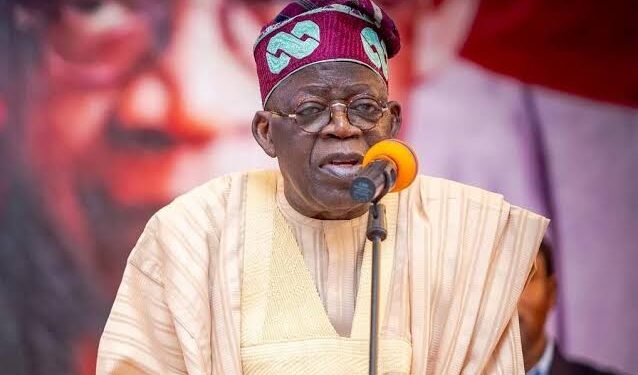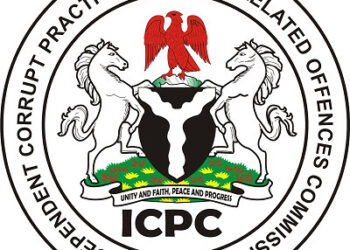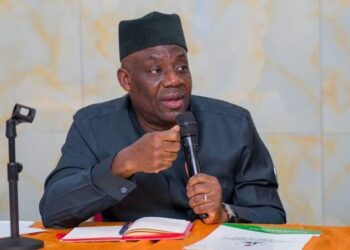In a compelling address during the 30th Nigerian Economic Summit held in Abuja on Monday, President Bola Tinubu underscored the urgent need for enhanced collaboration among government agencies, private sector stakeholders, and international partners. This collective effort is essential to drive economic growth, bolster competitiveness, and ensure stability within the nation.
President Tinubu’s remarks came in the context of promising economic indicators, which suggest that the recent reforms implemented by his administration are beginning to produce positive outcomes. He articulated his administration’s “Renewed Hope Agenda,” a strategic framework aimed at cultivating an environment conducive to sustainable economic growth and shared prosperity for all Nigerians.
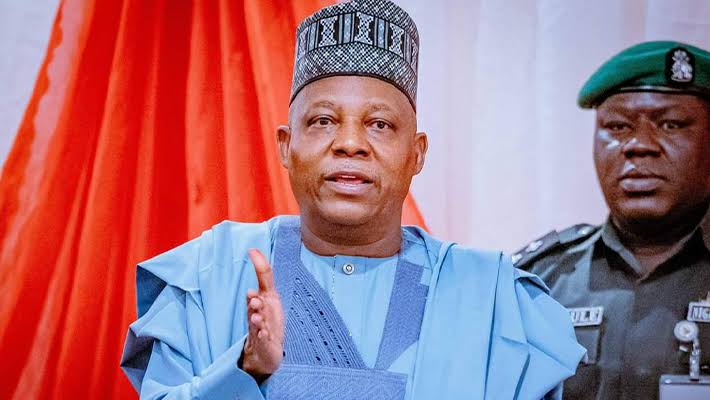
Emphasizing the importance of economic diversification, Tinubu stated, “As a nation, we must prioritize economic diversification.” He reaffirmed his administration’s dedication to focusing on sectors that are capable of fostering inclusive and sustainable growth, such as agriculture, manufacturing, and the digital economy.
Represented by Vice President Kashim Shettima, the president addressed several critical economic challenges and outlined ongoing initiatives designed to improve infrastructure, simplify regulatory processes, and enhance the overall ease of doing business in Nigeria. He noted, “We are currently completing key infrastructure projects such as roads, railways, and power plants that will enhance connectivity and productivity.”
Furthermore, he explained that the government is working to harmonize regulatory procedures to alleviate the bureaucratic obstacles that have historically impeded entrepreneurship and innovation. “We are harmonizing regulatory processes to reduce the bureaucratic hurdles that have long stifled entrepreneurship and innovation,” he said.
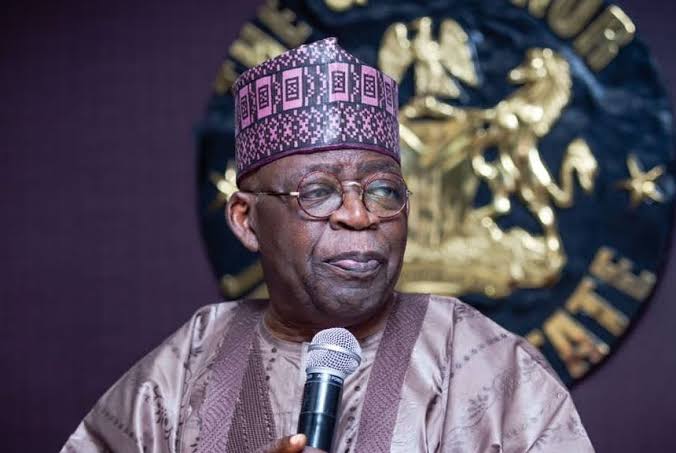
Tinubu also pointed to recent economic measures, including the removal of fuel subsidies and the unification of foreign exchange rates, as integral components of a broader strategy aimed at stabilizing the macroeconomic environment. He articulated, “These are all part of a broader effort to restore balance to the economy and ensure long-term stability.”
Focusing on the crucial issue of economic inclusivity, President Tinubu remarked, “Our competitiveness is not just about improving our standing on global indices. It is about ensuring that the Nigerian economy is inclusive—where small and medium-sized enterprises can thrive alongside large corporations, and where every citizen, regardless of location or background, can benefit from economic opportunities.”
He expressed confidence that with the appropriate policies, effective partnerships, and strong commitment, Nigeria has the potential to emerge stronger, more competitive, and more resilient than ever before. “With the right policies, the right partnerships, and the right level of commitment, Nigeria can emerge stronger, more competitive, and more resilient than ever before,” he assured.
At the summit, Atiku Bagudu, the Minister of Budg
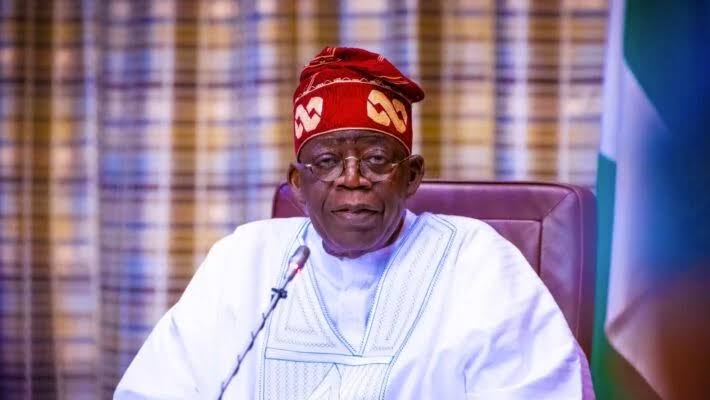
et and Economic Planning, echoed the sentiments of progress, highlighting the effectiveness of recent government reforms. He stated, “There are significant pieces of evidence that reforms and investments are working. These governance and institutional reforms have helped to improve our macroeconomic performance.”
Bagudu noted that the nation’s GDP has risen from 2.98 percent growth in the first quarter of 2024 to 3.19 percent in the second quarter, with inflation rates declining and external reserves on the rise. He called for public support, emphasizing, “We seek cooperation and understanding of the broad spectrum of the citizenry as there is indeed light at the end of the tunnel.”
Indermit Gill, the Senior Vice President and Chief Economist at the World Bank, highlighted Nigeria’s pivotal role in Africa’s economic landscape. He remarked, “Given the size and significance, Africa goes where Nigeria goes. Africa rising simply translates to Nigeria rising.” However, he also issued a warning regarding the impact of inflation on citizens, stressing the necessity of sustaining recent policy changes. He stated, “The President’s key signature policies – the unification of multiple exchange rates and elimination of oil subsidy – need to be sustained.”
In his welcoming address, Niyi Yusuf, Chairman of the Nigerian Economic Summit Group (NESG), called for ongoing efforts to strengthen the economy. He asserted, “The task before us is to forge decisive reforms that will drive us out of the economic challenges facing us. Since COVID-19, our economy has shown resilience but still remains fragile. We must take additional steps to ensure that gains in FDI and foreign exchange markets are not reversed,” Mr. Yusuf concluded.
This summit represents a crucial platform for dialogue on Nigeria’s economic trajectory, with leaders and stakeholders emphasizing the collaborative actions required to navigate current challenges and seize emerging opportunities.


